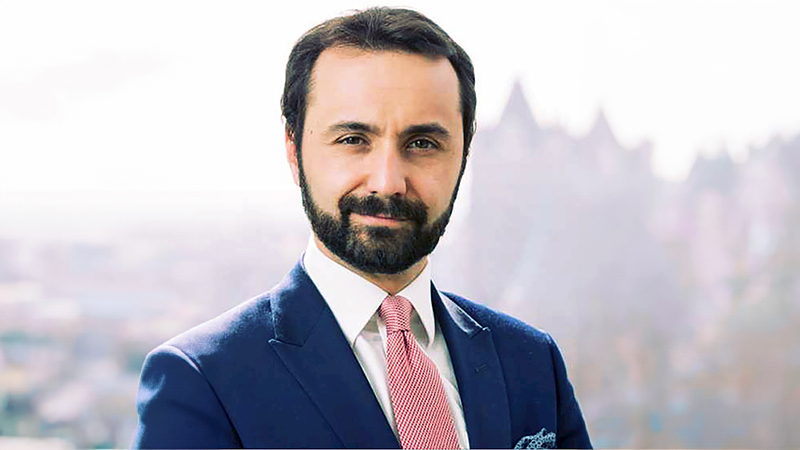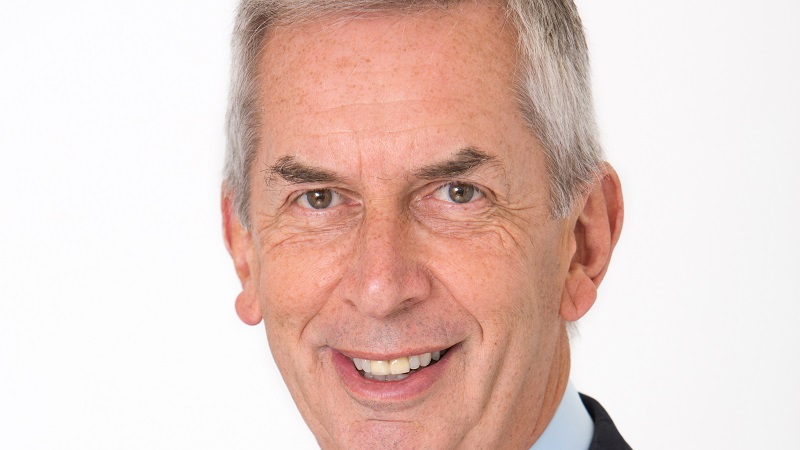Terry Smith has weighed in on Neil Woodford’s return to fund management, suggesting in order to move on the disgraced fund manager should publicly apologise and own up to his mistakes rather than blame someone else.
In a video interview with Interactive Investor, Smith said he firmly believes in redemption, but it can only come to people who undertake a “painful self-examination” and apologise for their actions.
It follows news that Woodford is returning to fund management after revealing plans to launch a Jersey-based fund under a new business, Woodford Capital Management Partners (WCMP). The move prompted the Financial Conduct Authority to issue a statement saying WCMP would need to apply for permission before commencing any activity in the UK.
The regulator also said it would cooperate with the Jersey Financial Services Commission to share information on any applications made in their respective jurisdictions.
‘I’m a believer in human redemption’
Smith said: “I’m a believer in human redemption, I think it is very sad if you’re not in my view. But to attain redemption, one of the very first things you have to do is be afflicted with painful personal knowledge of what went wrong and very publicly tell people you have reached that conclusion and that you are sorry, and what you would change about it.”
Smith, manager of the £22.6bn Fundsmith Equity fund, said this mindset is present in America more than anywhere else on earth. “The comebacks in American business, politics and showbusiness are many… there are plenty we could point to as examples out there.”
His fund has a 70% weighting to the US, according to the latest factsheet.
Those immortal words ‘I am very sorry’
Smith added: “But I think you need those key elements first which is a strong and sometimes painful self-examination of your contributions to what went wrong – those immortal words, ‘I am very sorry for this’ – and then if you do that, I think you can actually be a lot better afterwards.
“That’s why I think redemption and comebacks sometimes work for people. They go, ‘I’ve figured it out, I did this wrong, I’m very sorry I did that, it caused a problem and now I’m going to do this’, not ‘It wasn’t me, it was someone else’s fault and I’m gong to do the same thing again’.”











